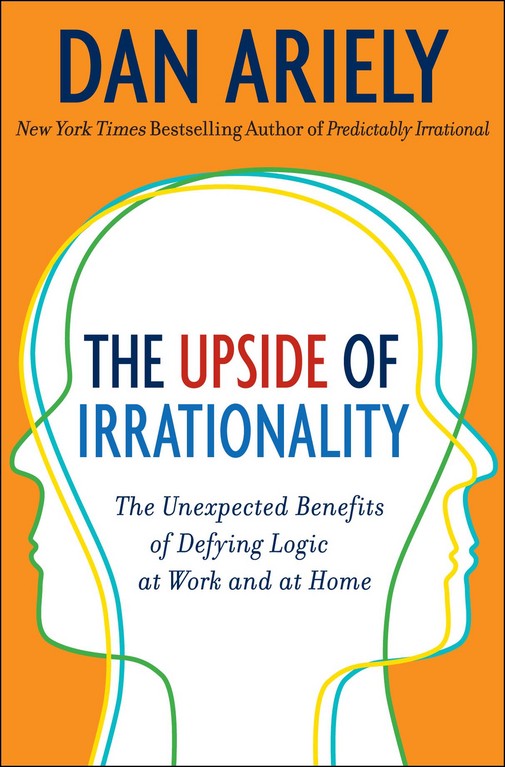Q & A with Dan Ariely
Thinking irrationally
Dan Ariely is the author of “The Upside of Irrationality.”
Michael Orbach: So what exactly do you study?
Dan Ariely: I study something called behavior economics, which is a mixture of psychology and economics. It’s a study about how people make economic decisions, not how people play the stock market or buy homes, but all the small decisions we make in our life. All decisions have financial and economic consequences, and we look at those empirically. What do people do? If you just ask the question, you find that often people don’t behave rationally. We try to create a catalog of things that influence why we pay so much for coffee and why we buy expensive vodka and how we fell into this financial crisis and why people get bonuses.
MO: So more often than not, people behave irrationally?
DA: Yes. There are many ways people behave irrationally. Sometimes it’s good, sometimes not so good. It’s very hard to think of the financial decision making every time you buy a cup of coffee you should ask yourself, “What am I giving up to buy this cup of coffee?” It’s very hard to think about it. We go to the auto dealership and ask people what they will not be able to do if they buy this Toyota. No one gives us an answer. No one thinks of what they’ll have to give up in the future: three weeks of vacation, 700 lattes and 15 books. That’s really the trade you’re making: what you’re getting and what you’re giving up. But it’s very hard to think about things this way, so people don’t. Because money is so hard to think about we make shortcuts and one of the shortcuts we make is to compare similar things in relative ways.

 53.0°,
Mostly Cloudy
53.0°,
Mostly Cloudy 







